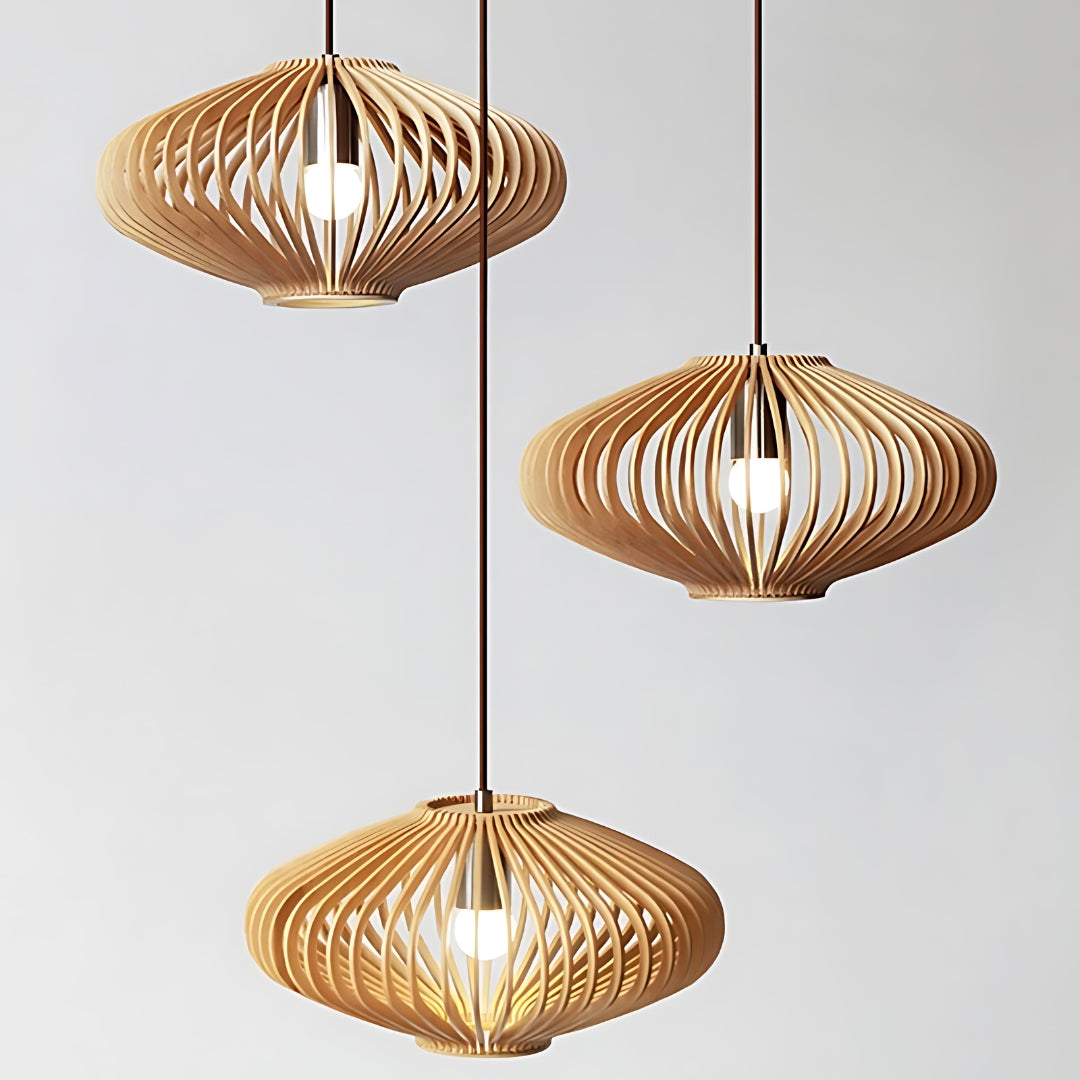Illuminate Your Home: A Guide to Choosing the Right Light Bulbs
Lighting is an essential element that not only brightens up your living space but also sets the ambiance and enhances the overall aesthetic appeal of your home. Whether you're looking to create a cozy atmosphere in your living room or brighten up a workspace, choosing the right light bulbs is crucial. With a wide array of options available in the market, selecting the perfect light bulbs can be overwhelming. To help you make an informed decision, here is a comprehensive guide on how to choose the right light bulbs for your home.
Types of Light Bulbs
Before delving into the specifics, it's important to familiarize yourself with the different types of light bulbs available. The most common types include incandescent, halogen, CFL (compact fluorescent), and LED (light-emitting diode) bulbs. Each type has its own set of features, benefits, and limitations, so understanding these differences is key to selecting the right one for your needs.
Consider the Room's Purpose
When choosing light bulbs for your home, consider the purpose of the room. Different rooms have varying lighting needs – for instance, you might want bright and energizing lighting in the kitchen and soft, ambient lighting in the bedroom. Understanding the function of each space will help you determine the type of bulbs that best suit your requirements.
Color Temperature
Color temperature is a crucial factor to consider when selecting light bulbs. It refers to the color appearance of the light emitted by the bulb, ranging from warm, yellow tones to cool, blue tones. For a cozy and inviting atmosphere, opt for warm light bulbs with lower color temperatures. Cool white bulbs are ideal for task-oriented areas such as offices and kitchens.
Energy Efficiency
With energy costs on the rise, opting for energy-efficient light bulbs is not only environmentally friendly but also cost-effective. LED bulbs are the most energy-efficient option available in the market, consuming significantly less electricity compared to traditional incandescent bulbs. Although LED bulbs may have a higher upfront cost, they are more durable and have a longer lifespan, saving you money in the long run.
Brightness and Lumens
When it comes to brightness, the wattage of a light bulb no longer directly correlates to its brightness due to the shift towards energy-efficient bulbs. Instead, look for the lumens rating on the bulb packaging – the higher the lumens, the brighter the light output. For general lighting purposes, consider bulbs with higher lumens, while lower lumens are suitable for accent lighting or decorative fixtures.
Fixture Compatibility
Before purchasing light bulbs, ensure they are compatible with your existing light fixtures. Some fixtures may only accommodate specific types of bulbs, so it's important to check the fixture's requirements before making a purchase. Pay attention to the bulb's size, shape, and base to ensure a proper fit.
Dimmable vs. Non-dimmable Bulbs
If you have dimmer switches in your home, you'll need to choose between dimmable and non-dimmable bulbs. Not all LED or CFL bulbs are compatible with dimmer switches, so if you intend to dim the lights in a particular room, make sure to select bulbs specifically labeled as dimmable.
Longevity and Warranty
Considering the lifespan of light bulbs is essential to avoid frequent replacements. LED bulbs, in particular, have a much longer lifespan compared to traditional bulbs. Additionally, check for warranties when purchasing light bulbs – reputable brands often offer warranties to guarantee the quality and longevity of their products.
Direction of Light
The direction of light emitted by the bulb can greatly impact the ambiance of a room. Choose between omnidirectional bulbs, which emit light in all directions, and directional bulbs, which focus light in specific areas. For areas that require focused lighting, such as reading nooks or kitchen counters, opt for directional bulbs.
Smart Lighting Options
For the tech-savvy homeowner, smart lighting options offer convenience and customization. Smart bulbs can be controlled remotely via smartphone apps, allowing you to adjust brightness, color, and schedules with ease. While smart bulbs may come at a higher price point, their features and flexibility make them a popular choice for modern homes.
Environmental Impact
Reducing your environmental footprint is becoming increasingly important in today's world. Opting for eco-friendly light bulbs, such as LED or CFL bulbs, can greatly reduce energy consumption and minimize waste. By choosing sustainable lighting options, you not only save money on energy bills but also contribute to a greener planet.
Consultation with a Lighting Expert
If you're still unsure about which light bulbs to choose for your home, consider consulting with a lighting expert. They can provide personalized recommendations based on your specific requirements, ensuring that you select the right light bulbs for each room in your home.
Let Your Home Shine Bright
By considering factors such as the room's purpose, color temperature, energy efficiency, brightness, and fixture compatibility, you can embark on a journey to illuminate your home effectively. Selecting the right light bulbs is not just about functionality but also about enhancing the ambiance and style of your living space. Let your home shine bright with the perfect chandeliers, lamps, ceiling lights, and pendant lighting that adorn your rooms with warmth and brightness.











